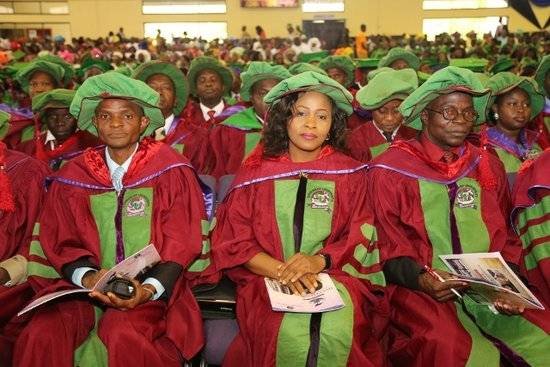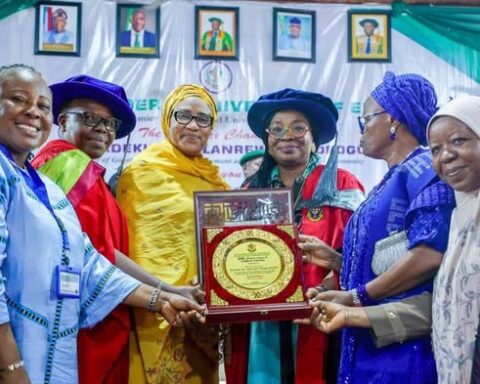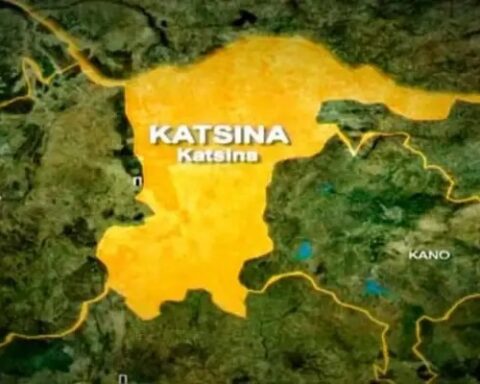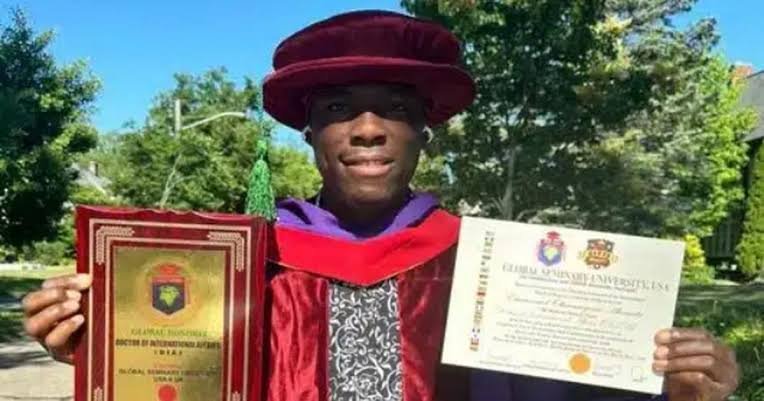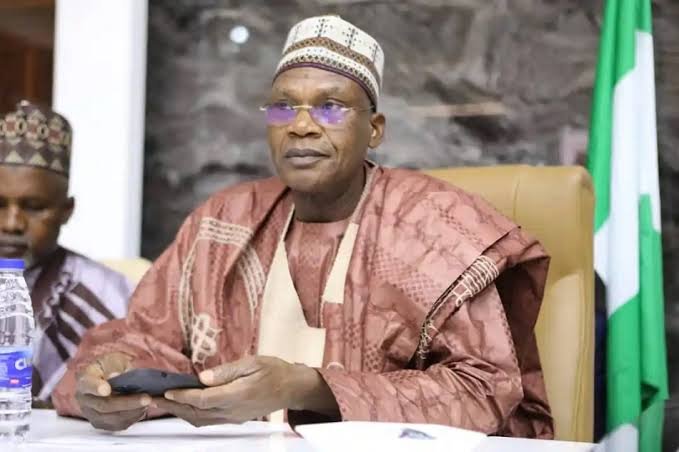By Alex Enebeli
The University of Nigeria Nsukka (UNN) says it will graduate no fewer than 11,713 students during its 54th Convocation scheduled to hold on Friday, July 25.
The Acting Vice Chancellor of the university, Prof. Oguejiofor Ujam, disclosed this during a press briefing on 54th Convocation ceremony of the university on Tuesday in Enugu.
According to Ujam, 167 students bag first class honours, 3,485 students get Second Class Honour (Upper Division), while 5,217 will receive Second Class Honours (Lower Division).
The vice chancellor said that 739 students would receive Third Class, 33 students had Pass and 180 were unclassified.
He listed others for higher degrees and postgraduate diplomas to include: Doctor of Philosophy (Ph.d),616, Master of Science (M.Sc.), 1,101, Master of Business Administration (MBA), 133 and Postgraduate Diploma (PGD), 42.
Speaking on the achievements of the university within the period, Ujam disclosed that the university recently received an Information, Communication and Technology (ICT) Development Grant of $3 million from the French Development Agency.
“This is because we recognise that a robust and modern ICT infrastructure is the backbone of any progressive university. We completed a major renovation of the ICT Data Centre at the Enugu Campus.
“The upgrade of our ICT infrastructure will provide our students and faculty with access to cutting-edge technology, enabling seamless online learning, advance research capabilities and efficient administrative processes,” he said.
He described the escalating electricity costs and energy transition as one of the most pressing challenges confronting the university, and many institutions across the nation.
Ujam said, “We are currently grappling with unsustainably high electricity bills, with monthly expenditures across Nsukka, Enugu, and Ituku-Ozalla campuses exceeding an alarming N200 million for Nsukka campus alone as of April.
“This financial burden significantly impacts our operational capacity and resource allocation. However, we have not been deterred by this challenge, instead, we have embraced it as an opportunity for innovation and sustainable development.
“In response to this critical issue, our administration has embarked on a comprehensive strategy to mitigate electricity costs and transition towards more sustainable energy sources.
“We are rigorously implementing energy-saving measures across all campuses, optimising our energy consumption patterns, and promoting energy-efficient practices among staff and students.”
He explained that the institution was significantly exploring and investing in alternative energy solutions, including solar and hybrid systems.
“I am pleased to announce that I recently signed a memorandum of understanding with the Rural Electrification Agency for the provision of 10 megawatts of electricity in our university.
“These initiatives are not merely about cost reduction; they are about ensuring a stable and uninterrupted power supply, which is fundamental to supporting our academic, research, and administrative functions,” he stressed.
Follow us on all social media platforms @dailyquery for news and analyses around the globe.
